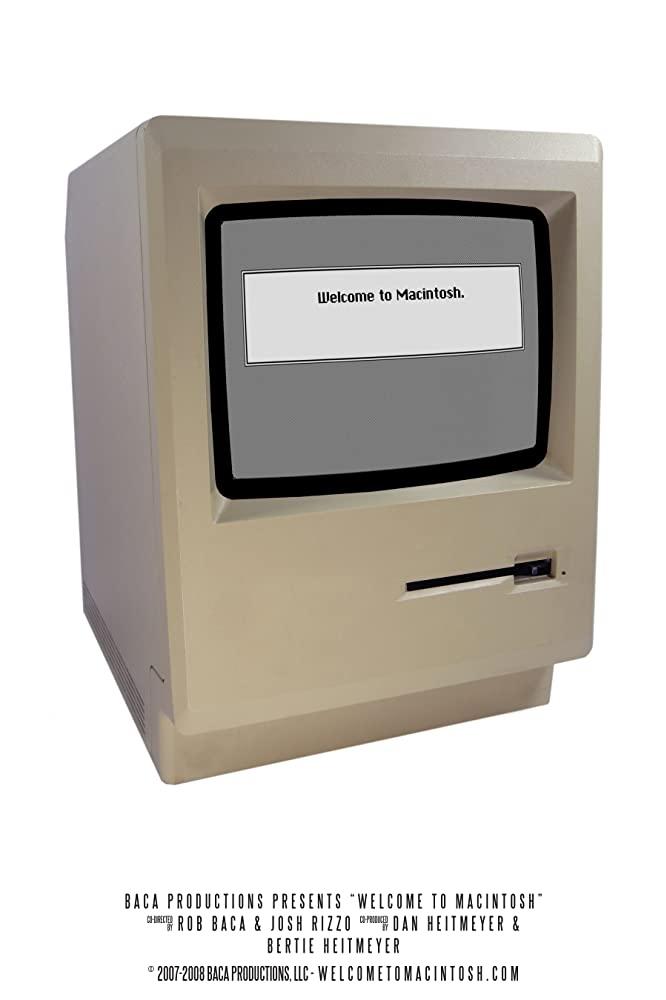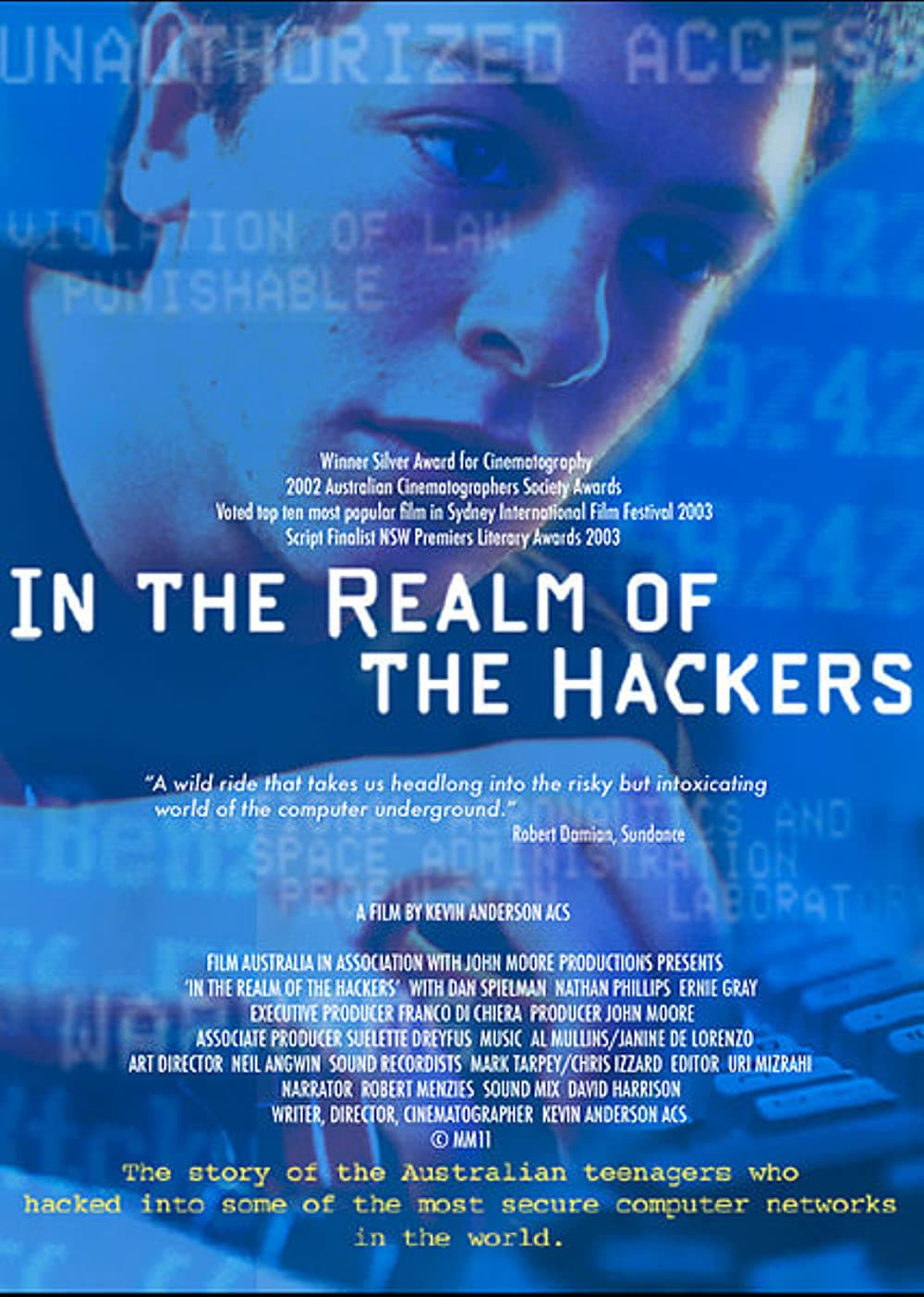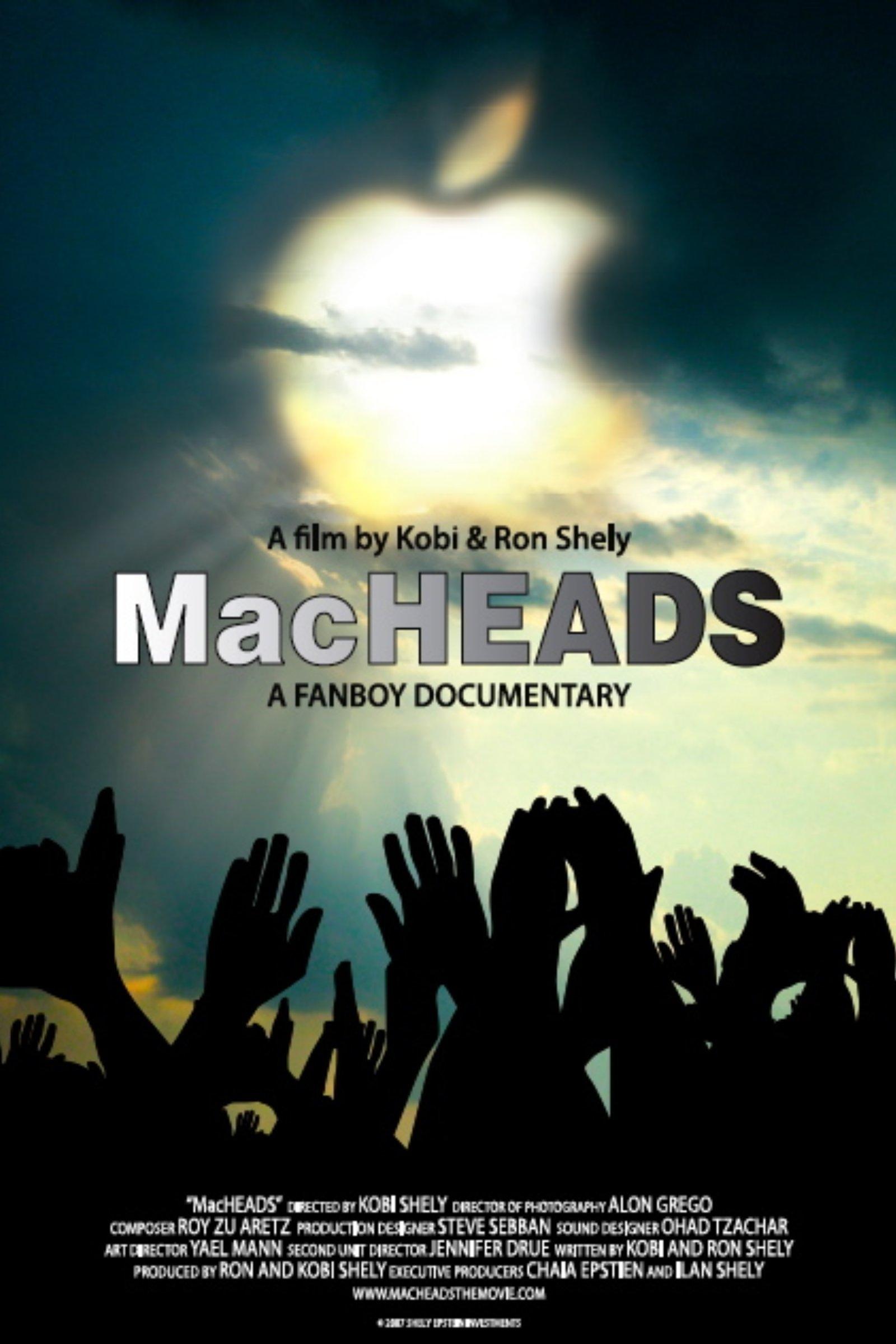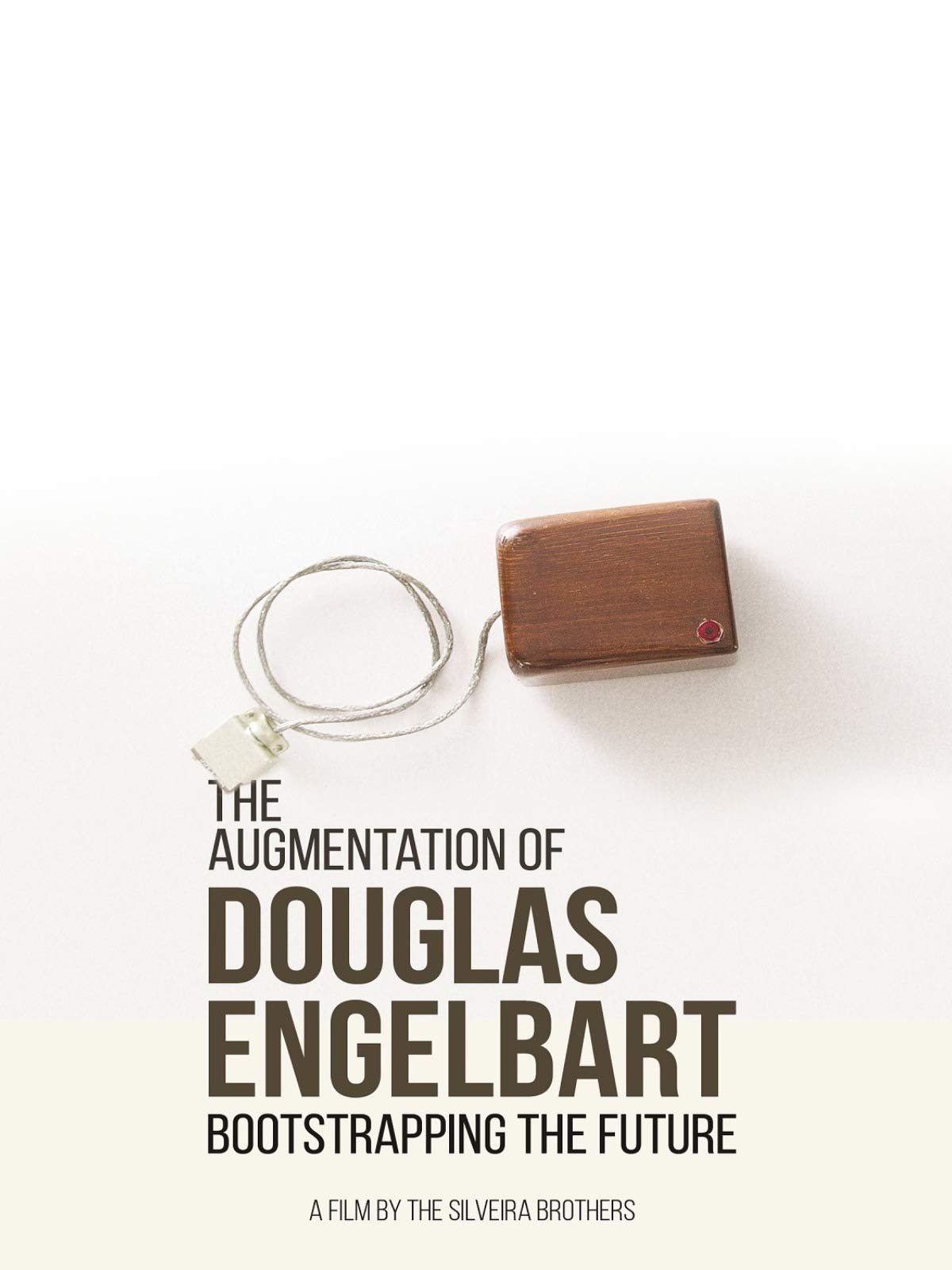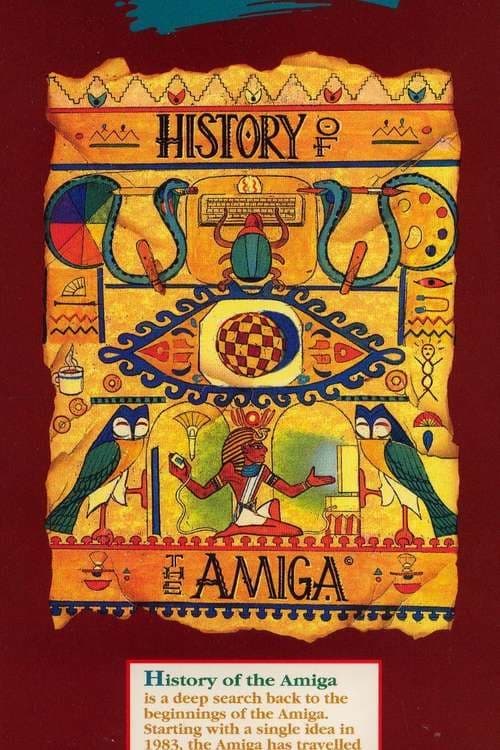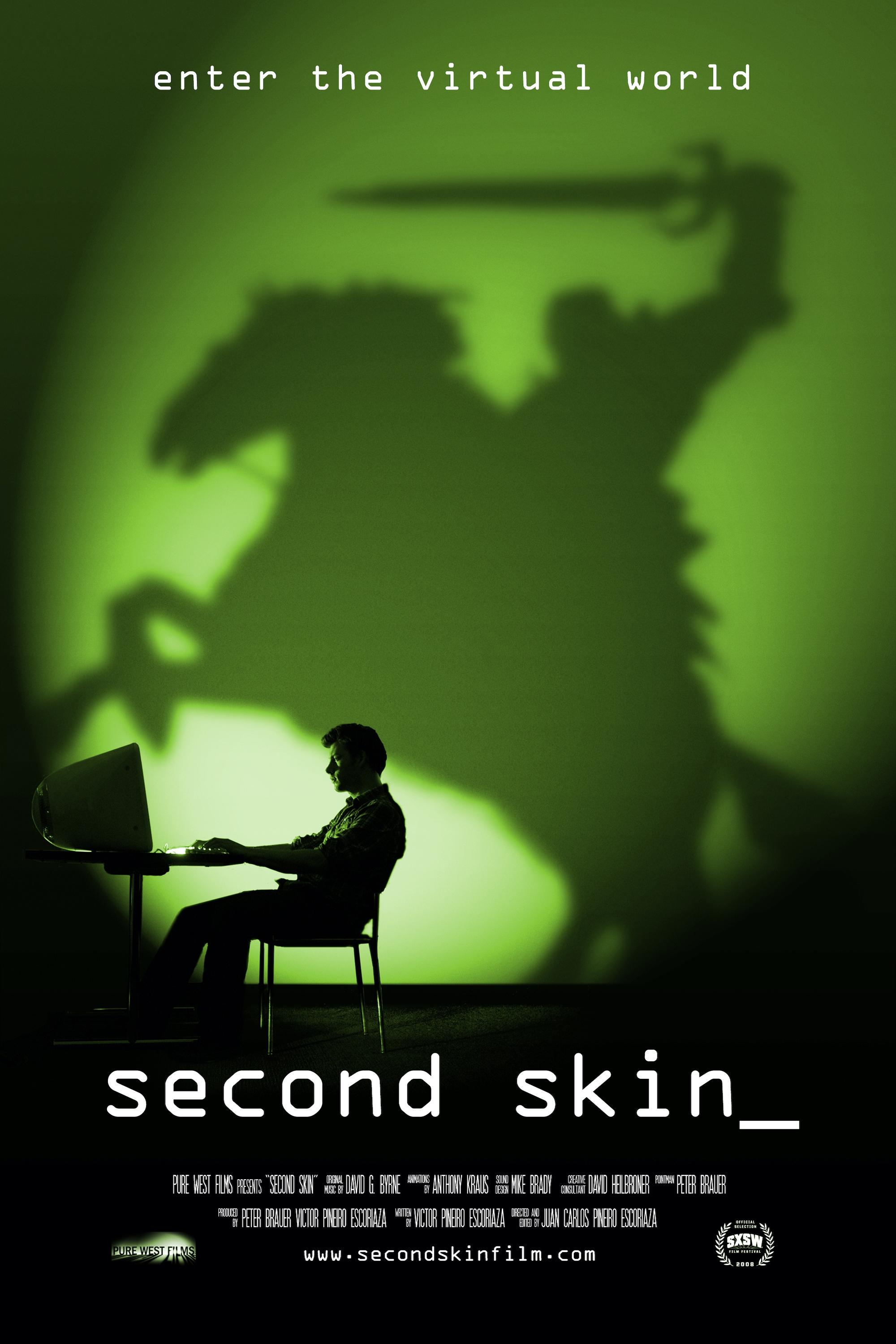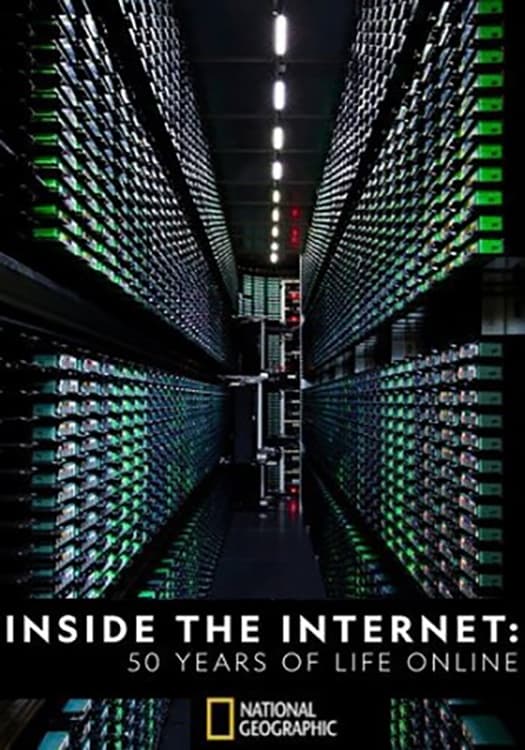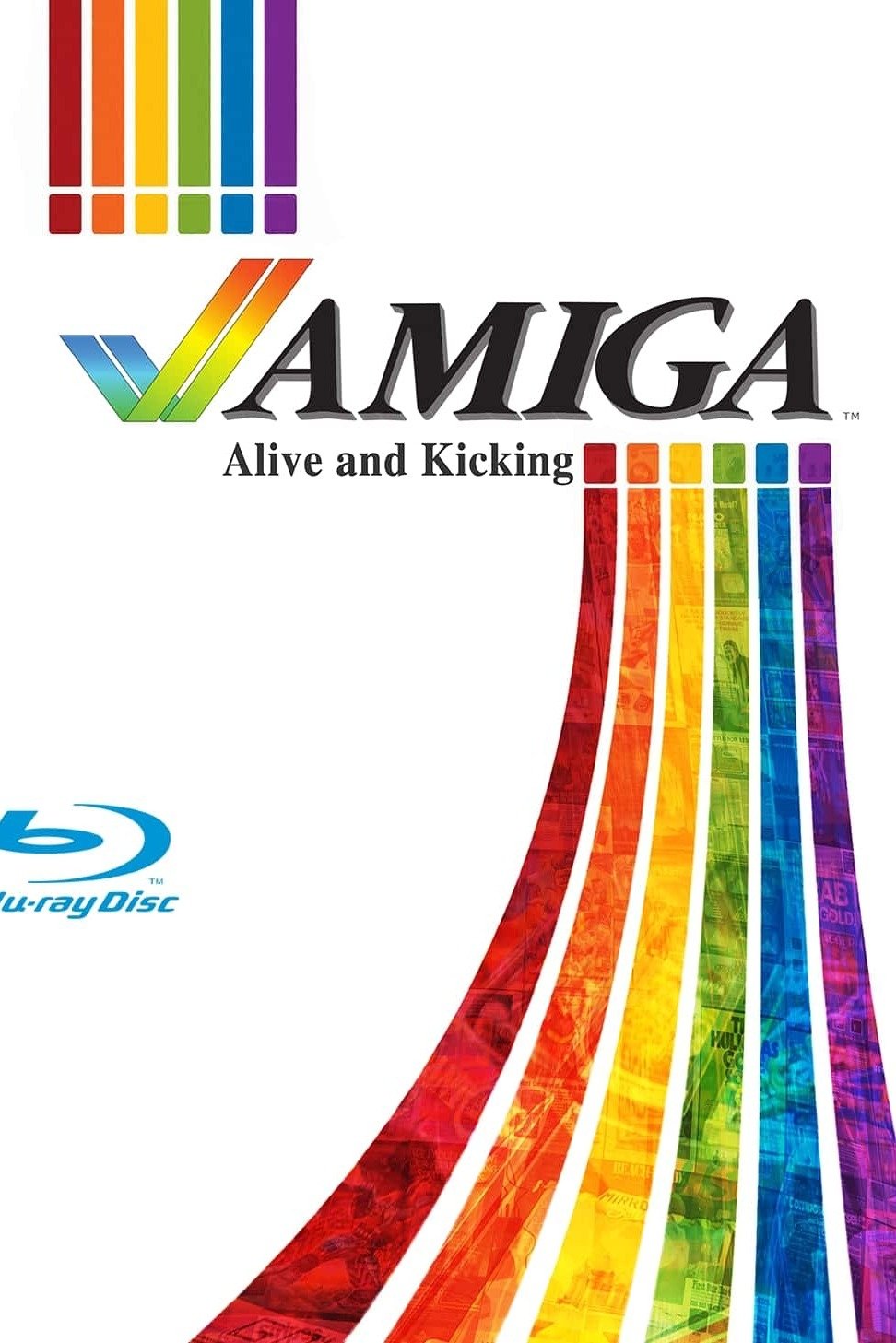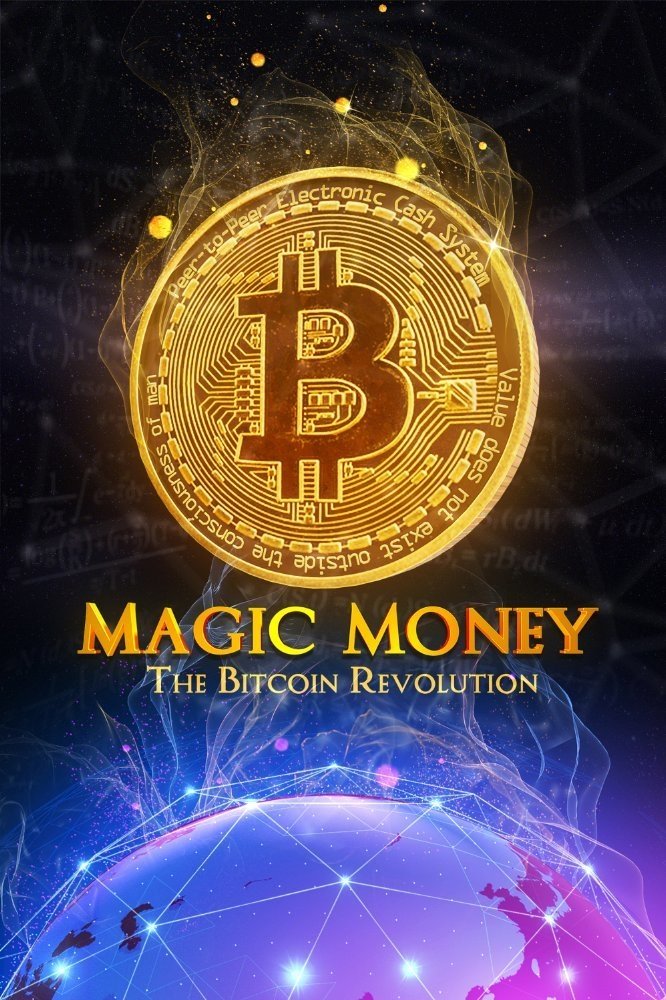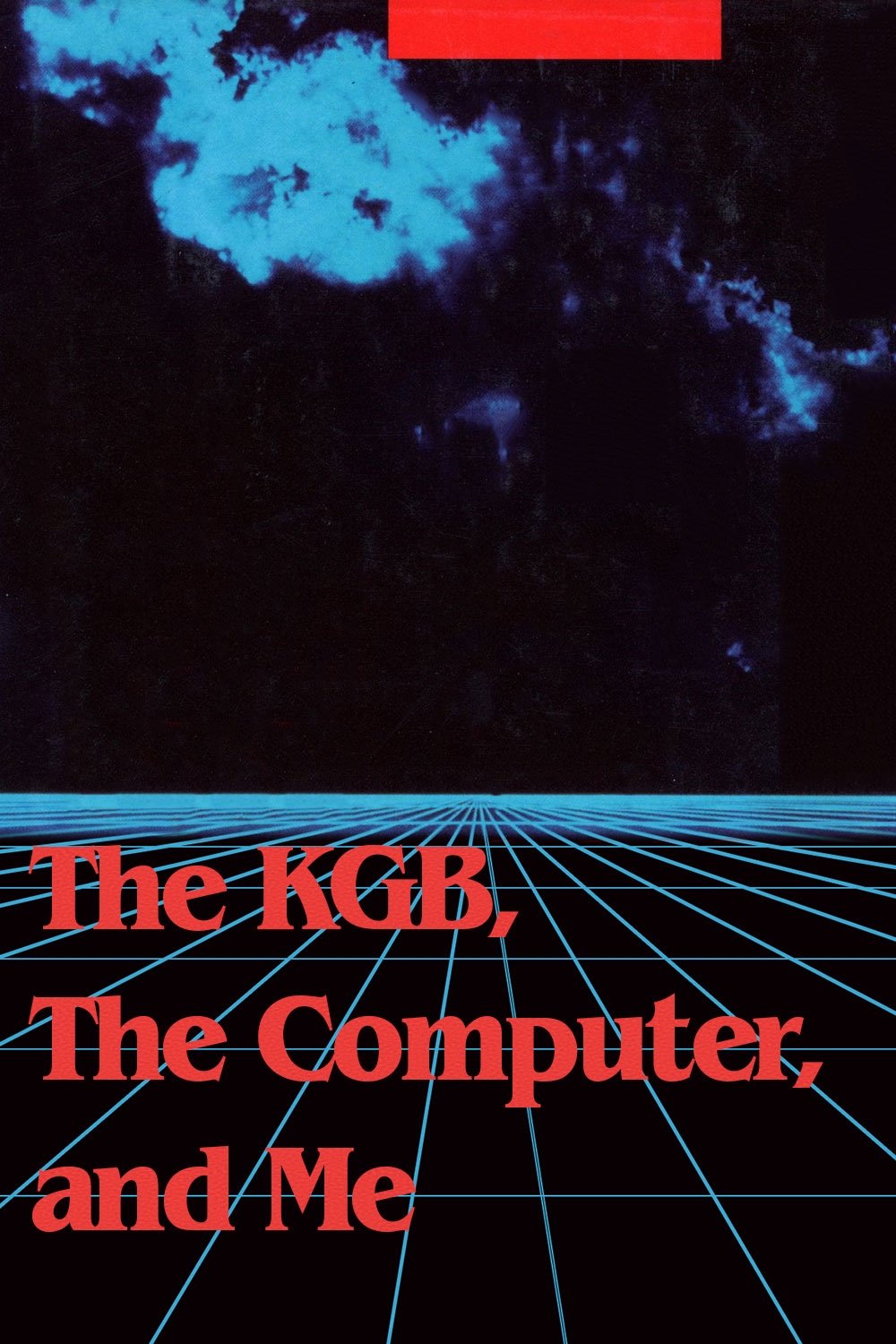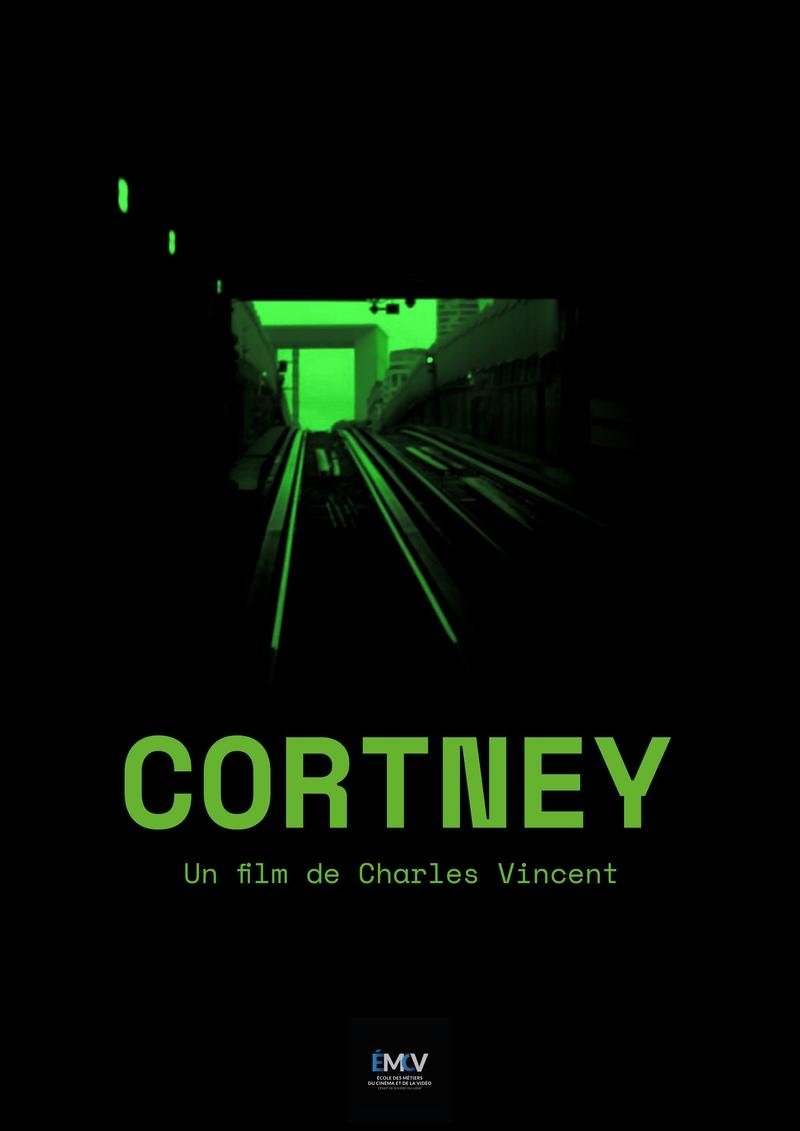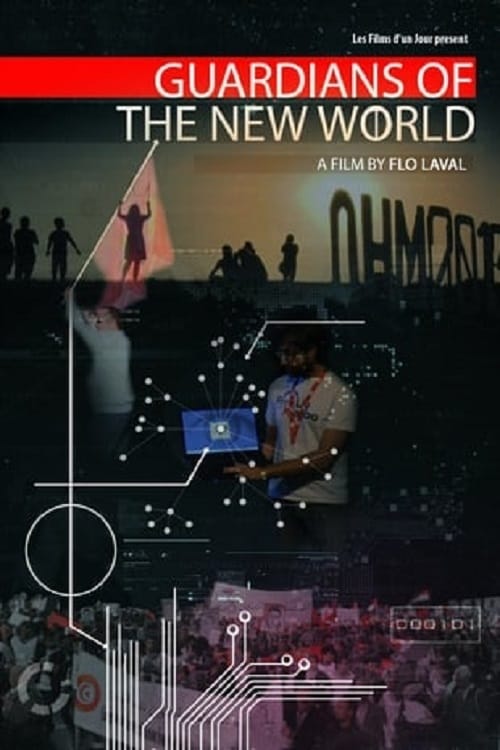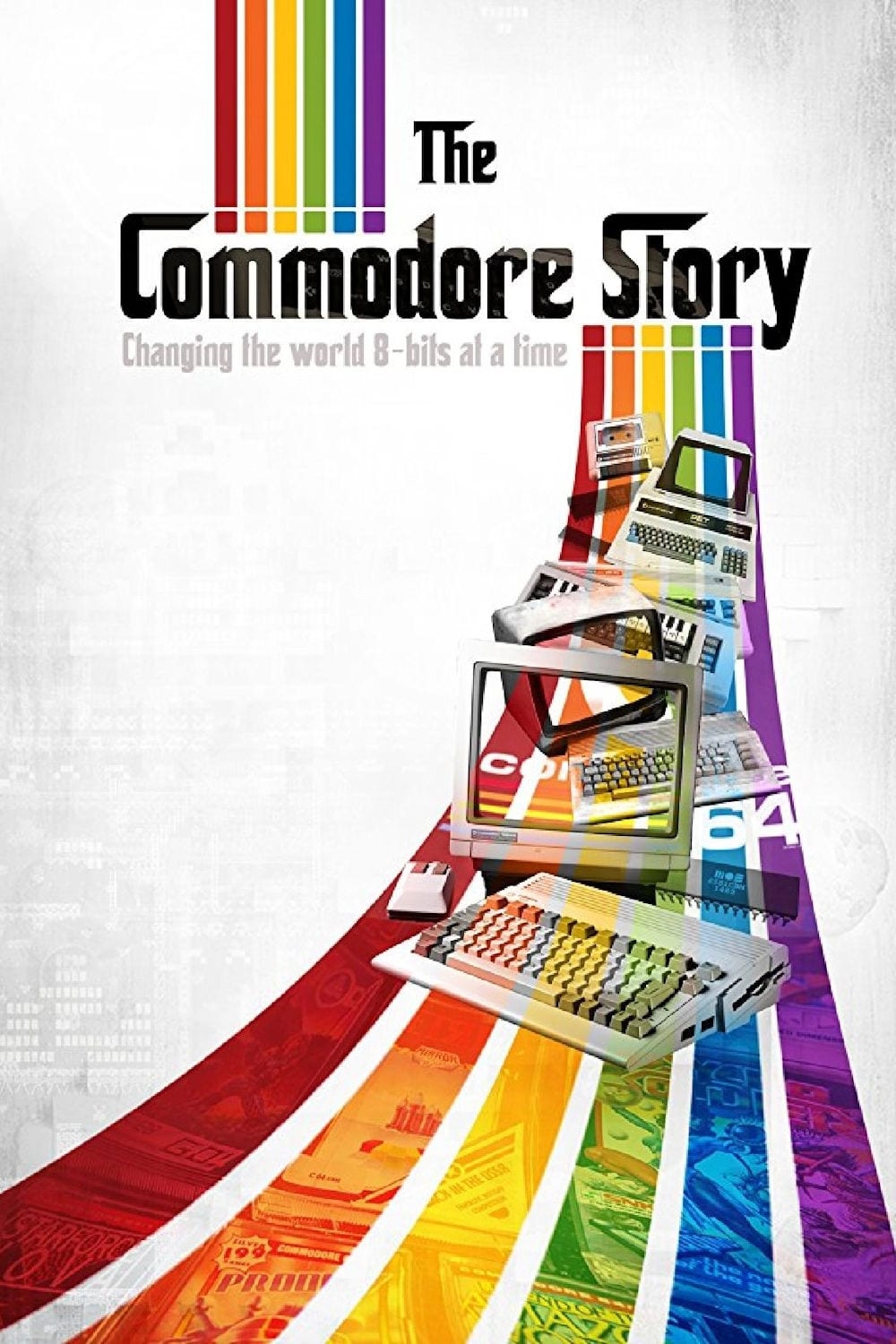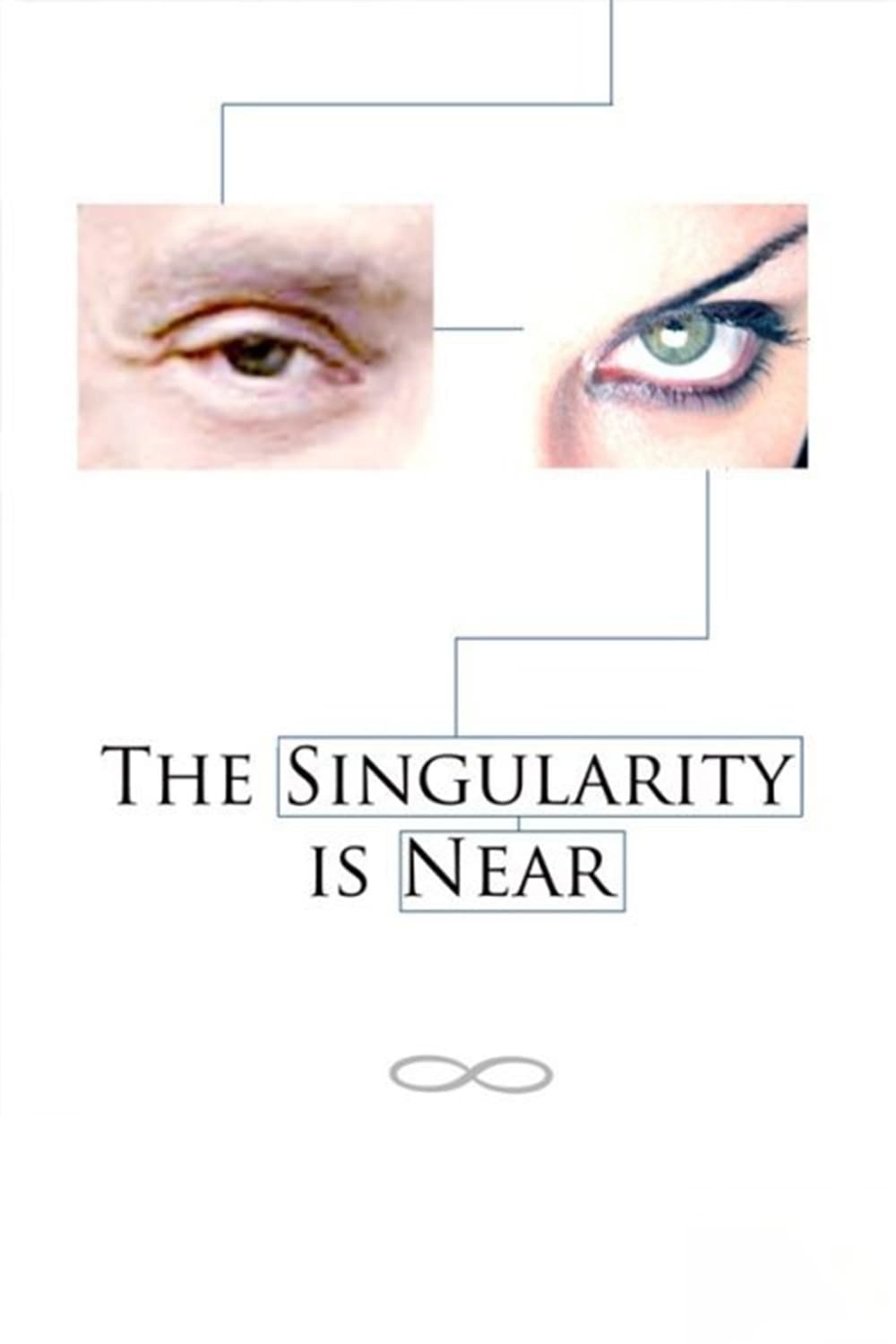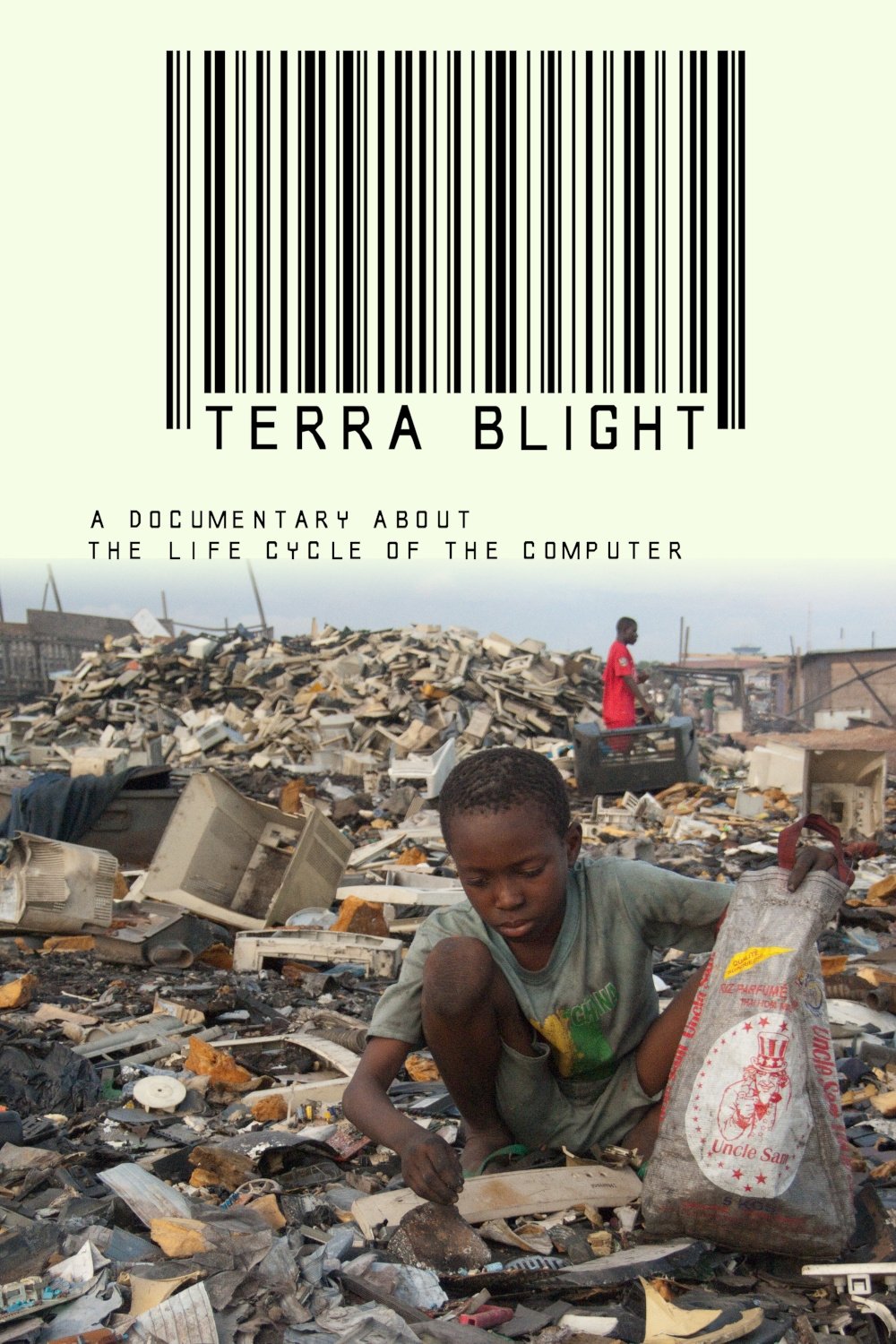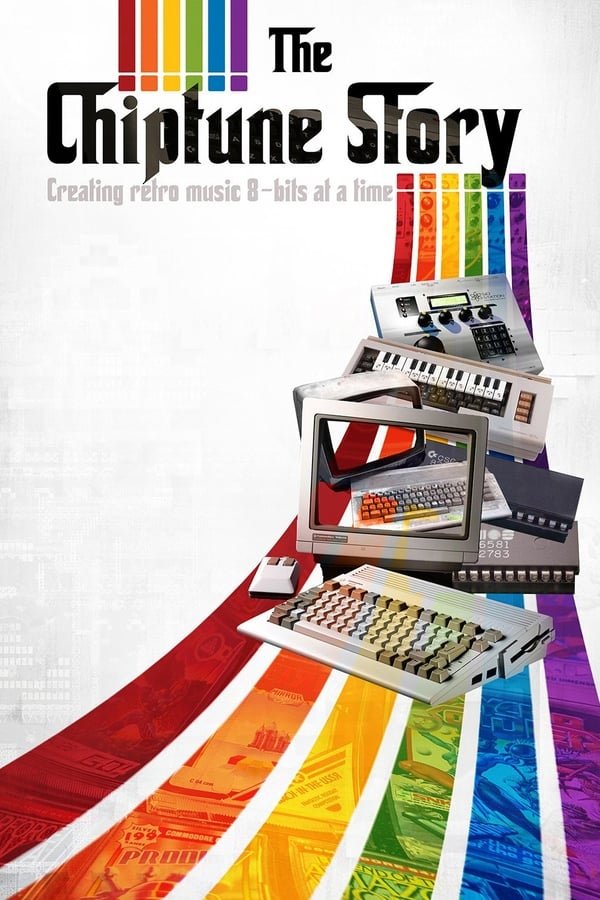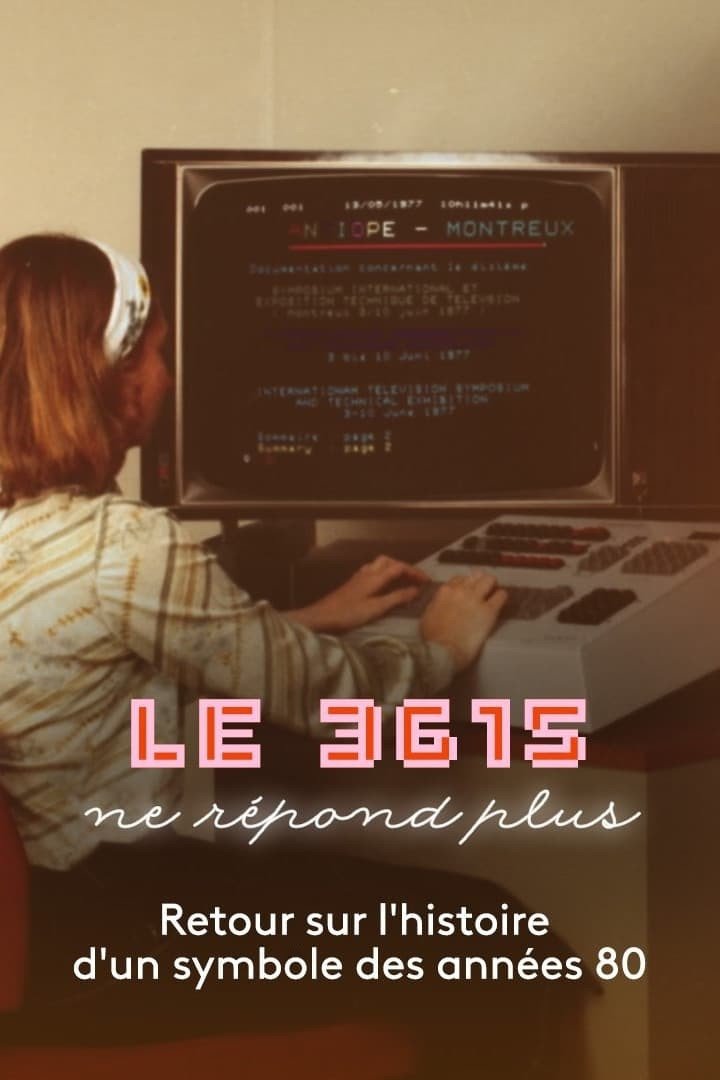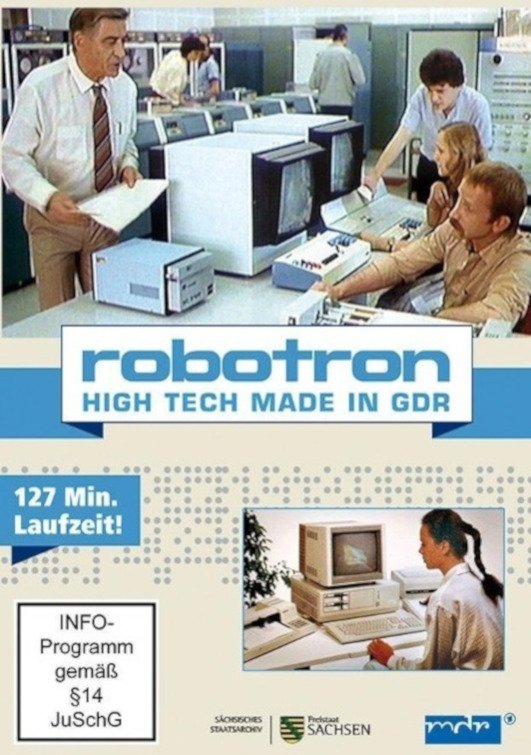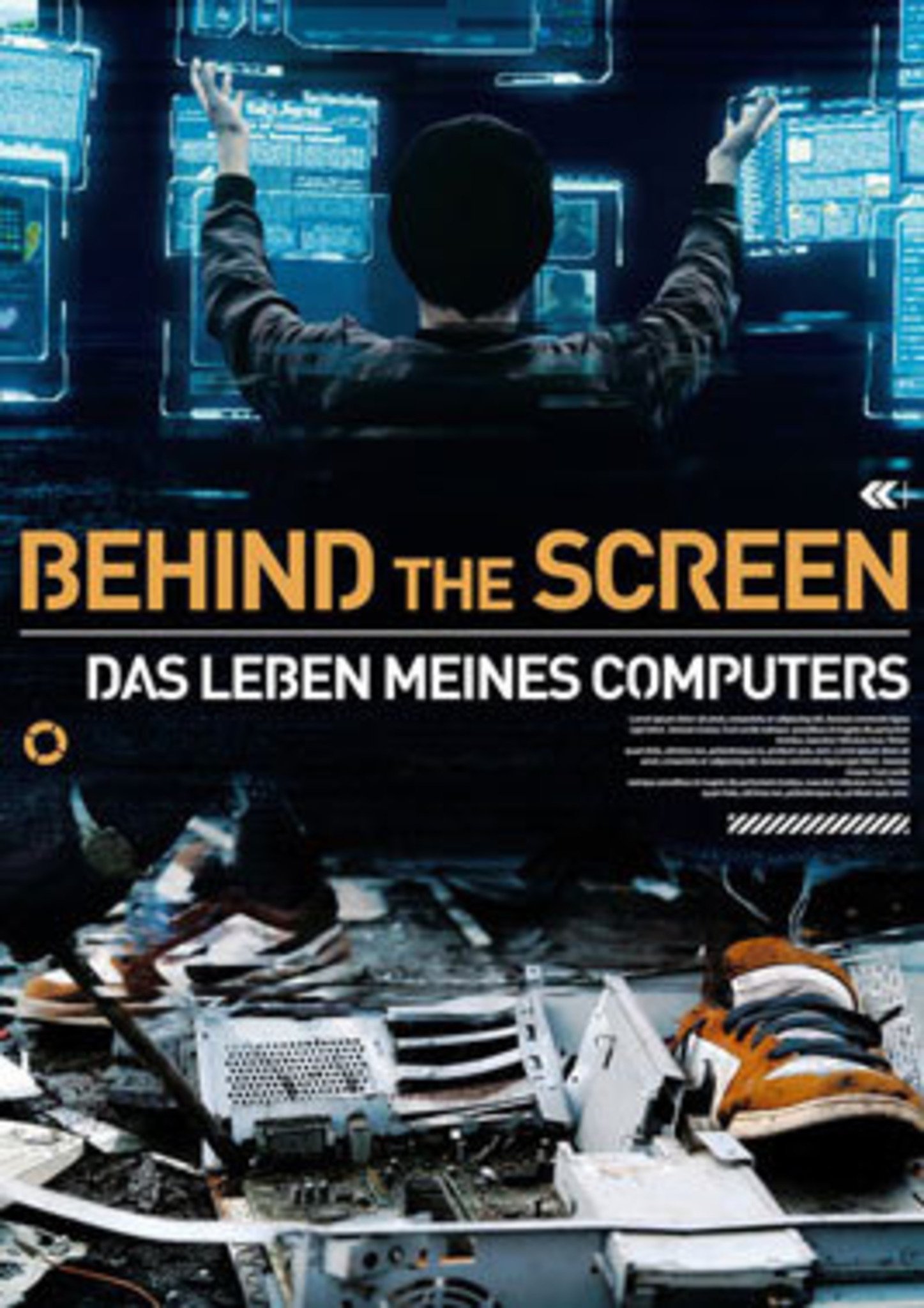
Behind the Screen (2011)
Overview
7 computers are currently being produced worldwide per second but only 4 humans are born at the same time. Everyday activities like buying a computer always generate a greater global impact on social and ecological levels. BEHIND THE SCREEN gives people behind the major electronic product a face and demonstrates the links of a decentralized economic system that are difficult to understand based on true life processes. The main stages which a computer passes through its life span are presented: Gold-mining in West Africa, electronics manufacturing by migrant workers in the Czech Republic, the use of computer products in the rich western world and their final disposal in the electronic waste dumps of Ghana.
Production Companies
Additional Info
| Budget | $0.00 |
|---|---|
| Revenue | $0.00 |
| Original Language | de |
| Popularity | 0.017 |
Directed By
Stefan Baumgartner
Crew
Stefan Baumgartner
TOP CAST
Similar Movies
Welcome to Macintosh
"Welcome to Macintosh" is a documentary that mixes history, criticism and an unapologetic revelry of all things Apple. Whether a long time Mac fanatic or new to computers, Welcome to Macintosh explores the many ways Apple Computer (now Apple, Inc.) has changed the world, from the early days of the Apple-I to the latest the company has to offer.
In the Realm of the Hackers
In The Realm of the Hackers is a documentary about the prominent hacker community, centered in Melbourne, Australia in the late 80's to early 1990. The storyline is centered around the Australian teenagers going by the hacker names "Electron" and "Phoenix", who were members of an elite computer hacking group called The Realm and hacked into some of the most secure computer networks in the world, including those of the US Naval Research Laboratory, Lawrence Livermore National Laboratory, a government lab charged with the security of the US nuclear stockpile, and NASA.
All Is One. Except 0
In 1981, Wau Holland and other hackers established the Hamburg based Chaos Computer Club (CCC). The idiosyncratic freethinkers were inspired by Californian technology visionaries and committed themselves to hacker ethics. All information must be free. Use public data, protect private data. But not everyone followed the rules. Computer technology was still in its infancy and the emerging Internet became a projection screen for social utopias. What has become of them? The story of the German hackers, told by the protagonists themselves in a montage of found video and audio material.
The Augmentation of Douglas Engelbart
A film on Douglas Engelbart, inventor of the computer mouse whose vision was to augment the collective IQ of humans using the computer as a tool to accomplish this.
History of the Amiga
Take an intriguing, fun-filled journey through the history of the Amiga computer. From the earliest days, we'll examine the trials, tribulations, and triumphs of today's latest models from Commodore. Listen while Jay Miner, "Father of the Amiga", tells amusing anecdotes of the early days and the first prototype...hear what Commodore has to say about the future of the Amiga...and lots more! Meet the people, view the products and visit the places that have helped make the Amiga and Amiga user unique in the history of computing!
Second Skin
Second Skin takes an intimate look at three sets of computer gamers whose lives have been transformed by online virtual worlds. An emerging genre of computer software called Massively Multiplayer Online games, or MMOs, allows millions of users to interact simultaneously in virtual spaces. Of the 50 million players worldwide, 50 percent consider themselves addicted.
Inside the Internet: 50 Years of Life Online
Explore how in the past five decades, the internet has changed the very fabric of our society, highlighted by interviews with the founders of AOL, Craigslist, Friendster, Match, and Tinder.
Amiga: Alive and Kicking
The year is 2020 and the Amiga computer is 35 years old and going strong. We look at new developments and interview Amigans worldwide in this feature packed documentary.
Hackers Wanted
Hackers Wanted explores the origins and nature of hackers and hacking by following the adventures of Adrian Lamo, and contrasting his story with that of controversial figures throughout history.
Magic Money: The Bitcoin Revolution
What is Bitcoin? With the advent of Bitcoin, the world's first digital currency, for the first time in history money is no longer controlled by banks or governments, but by the people who use it. But where did this currency come from? How does it work? And is it truly the way forward, or just a flash in the pan? Magic Money answers these questions and more as it explores the mysterious origins of Bitcoin, its role in society, and how it could shape the future.
The KGB, the Computer and Me
In 1986, astronomer turned computer scientist Clifford Stoll had just started working on a computer system at the Lawrence Berkeley Laboratory when he noticed a 75-cent discrepancy between the charges printed by two accounting programs responsible for charging people for machine use. Intrigued, he deduced that the system was being hacked, and he determined to find the culprit. This is the re-enactment of how he tracked down KGB cracker Markus Hess through the Ethernet to Hannover, Germany.
Guardians of the New World
Guardians of the New World introduces us to the world of hacker culture. Emerging from the 70’s counterculture around conceptions of personal freedom, decentralisation of power and sharing, hacking really came to prominence with the emergence of the Internet as a ubiquitous public forum from the late 90’s onwards.
The Commodore Story
The story of the Commodore PET, VIC-20, C64 and Amiga from engineers, games developers and how Commodore influenced the first 8-bit generation users.
The Singularity Is Near
The onset of the 21st Century will be an era in which the very nature of what it means to be human will be both enriched and challenged as our species breaks the shackles of its genetic legacy and achieves inconceivable heights of intelligence, material progress, and longevity. While the social and philosophical ramifications of these changes will be profound, and the threats they pose considerable, celebrated futurist Ray Kurzweil presents a view of the coming age that is both a dramatic culmination of centuries of technological ingenuity and a genuinely inspiring vision of our ultimate destiny.
Terra Blight
Exploring America’s consumption of computers and the hazardous waste we create in pursuit of the latest technology, Terra Blight traces the life cycle of computers from creation to disposal and juxtaposes the disparate worlds that have computers as their center. From a 13-year-old Ghanaian who smashes obsolete monitors to salvage copper to a 3,000-person video game party in Texas, Terra Blight examines the unseen realities of one of the most ubiquitous toxic wastes on our planet.
The Chiptune Story
The ChipTune Story focuses on 8-bit music and the C64 SID chip. Featuring interviews with games 8-bit music composers Rob Hubbard, Chris Huelsbeck, Ben Daglish, Mark Knight. We look at the history of ChipTune from 8-bit to 16-bit sampling.
Le 3615 ne répond plus
The adventure of the minitel, a small cubic terminal with a folding keyboard that began in the 1970s in the labs of France Telecom, is closely linked to Alsace. Alsatians had then in hand the future tools of interactive communication. What remains today of all those minitel years? Like a nocturnal and intimate road-movie, this documentary went to meet the last people who are still interested in the minitel, this strange beige box of access to telematic services, corny today, but pioneers at the end of the last century.
Robotron - High Tech made in GDR
In a world divided by the Iron Curtain, East Germany sought to carve its niche in the technological race. Enter "Robotron" - a name that seamlessly blended "robot" and "electronics." This wasn't just a brand; it was an ambitious answer to the West's technological advancements, a testament to the GDR’s drive to match, if not surpass, Western innovation. Drawing inspiration from the corporate giants of the West, the GDR‘s government merged various businesses to form this tech behemoth. With 16 major hubs in Central Germany alone, it was clear: "Robotron" was to be the DDR's technological crown jewel. But what was the Socialist Unity Party (SED), the GDR's ruling party, envisioning with this grand venture? How did "Robotron" navigate the challenges of operating within a socialist planned economy, while striving for global excellence? And as it grew to dominate East Germany's tech landscape, why did it always seem to be one step behind the leading global tech powers?
